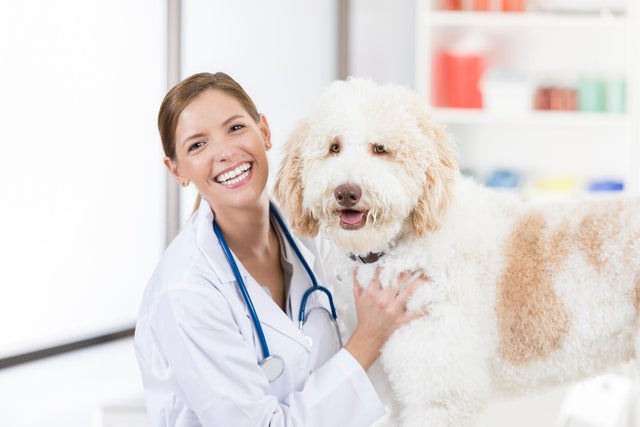Understanding the Importance of Veterinary Visits and Consultations for Pets

As pet owners, we share a special bond with our furry companions, and their health and well-being are of utmost importance to us. Regular veterinary visits and consultations play a pivotal role in ensuring that our pets lead a happy and healthy life. In this comprehensive guide, we will explore the significance of pets veterinary visits and consultations, and how they contribute to the overall wellness of our beloved animals.
The Role of Veterinary Visits in Pet Care
Regular veterinary visits are a fundamental aspect of responsible pet ownership. These visits not only allow for routine health check-ups but also serve as an opportunity to address any underlying health concerns. Here are some key reasons why veterinary visits are essential for pets:
1. Preventive Care and Early Detection
Regular check-ups enable veterinarians to identify potential health issues in their early stages. Early detection of illnesses allows for prompt treatment, which can prevent the condition from worsening and improve the chances of a successful recovery.
2. Vaccinations and Preventive Medications
During veterinary visits, pets receive essential vaccinations and preventive medications to protect them against various diseases. Vaccinations are a critical aspect of preventive care, as they build immunity and safeguard pets from life-threatening infections.
3. Dental Health Assessment
Dental health is often overlooked in pet care, but it is crucial for their overall well-being. Veterinarians examine the pet’s teeth during visits and may recommend dental cleanings or treatments to maintain optimal oral health.
4. Nutrition and Diet Recommendations
Veterinarians can provide valuable insights into the dietary needs of pets, ensuring they receive the right balance of nutrients for their age, breed, and health condition.
5. Weight Management
Weight management is essential to prevent obesity-related health issues in pets. During veterinary visits, the veterinarian can assess the pet’s weight and provide guidance on maintaining a healthy weight.
6. Behavior Assessment and Training
Veterinary visits also present an opportunity to discuss any behavioral concerns or training needs. Veterinarians can offer advice and strategies to address behavioral issues and enhance the human-animal bond.
Understanding Veterinary Consultations
Apart from regular check-ups, veterinary consultations are necessary when a pet is unwell or experiencing any health issues. A veterinary consultation involves a thorough examination of the pet’s health condition and may include the following:
1. Physical Examination
During the consultation, the veterinarian will conduct a physical examination, assessing the pet’s overall health, body condition, and specific symptoms.
2. Diagnostic Tests
If necessary, the veterinarian may recommend diagnostic tests, such as blood work, urine analysis, or imaging, to accurately diagnose the pet’s condition.
3. Treatment Planning
After diagnosing the issue, the veterinarian will discuss treatment options and develop a customized treatment plan tailored to the pet’s needs.
4. Medication and Follow-up
In cases where medication is prescribed, the veterinarian will provide instructions on administering the medication and schedule a follow-up visit to monitor the pet’s progress.
The Significance of Regularity in Veterinary Visits
Regularity in veterinary visits is crucial for maintaining your pet’s health and detecting any health issues promptly. Here are some essential points to consider:
1. Follow the Recommended Schedule
Follow the veterinarian’s recommended schedule for check-ups and vaccinations based on your pet’s age, health condition, and breed.
2. Senior Pets
As pets age, they may require more frequent visits to monitor their health and address age-related issues.
3. Early Intervention
Regular veterinary visits allow for early intervention, which can prevent minor health concerns from developing into major problems.
4. Continuity of Care
Building a strong relationship with your veterinarian ensures continuity of care and a better understanding of your pet’s unique health needs.
Uncommon Terminology: Zoonotic Diseases
During veterinary consultations, veterinarians may also educate pet owners about zoonotic diseases. Zoonotic diseases are infectious diseases that can be transmitted from animals to humans. Understanding these diseases is crucial for safeguarding the health of both pets and pet owners.
Conclusion
Pets are an integral part of our families, and their well-being is our responsibility as pet owners. Regular veterinary visits and consultations are essential components of responsible pet care. Through preventive care, early detection, and prompt treatment, we can ensure that our furry companions lead healthy and happy lives. As pet owners, it is our duty to prioritize our pets’ health and provide them with the best possible care. By adhering to regular veterinary visits and seeking consultations when needed, we demonstrate our commitment to our beloved pets and their overall well-being.
